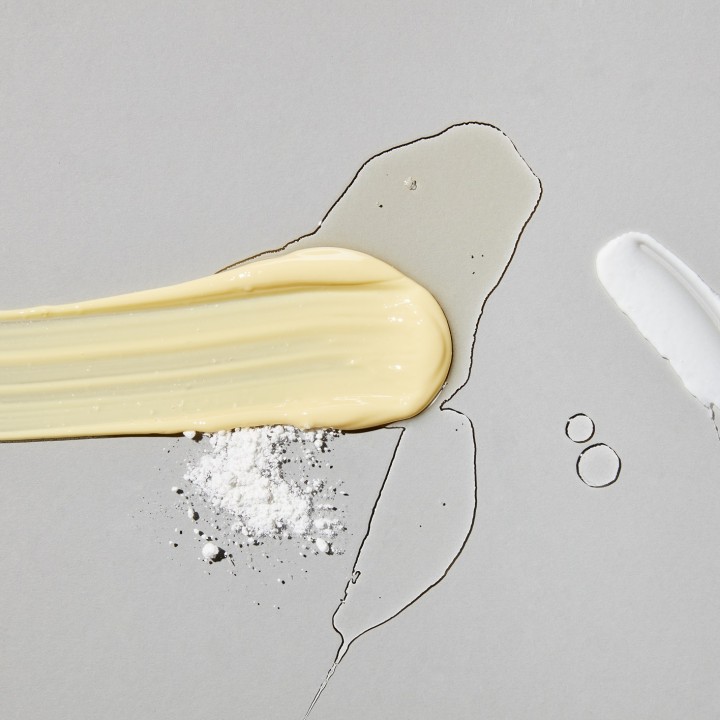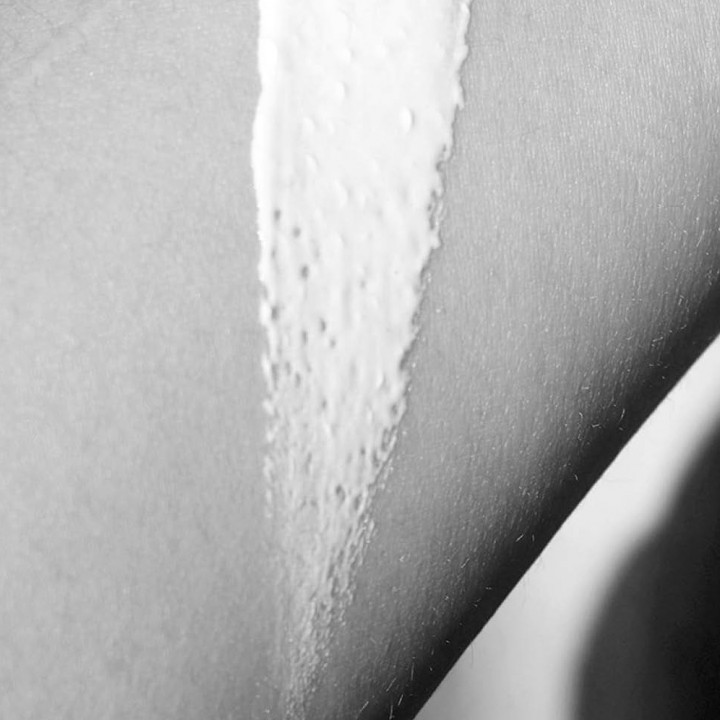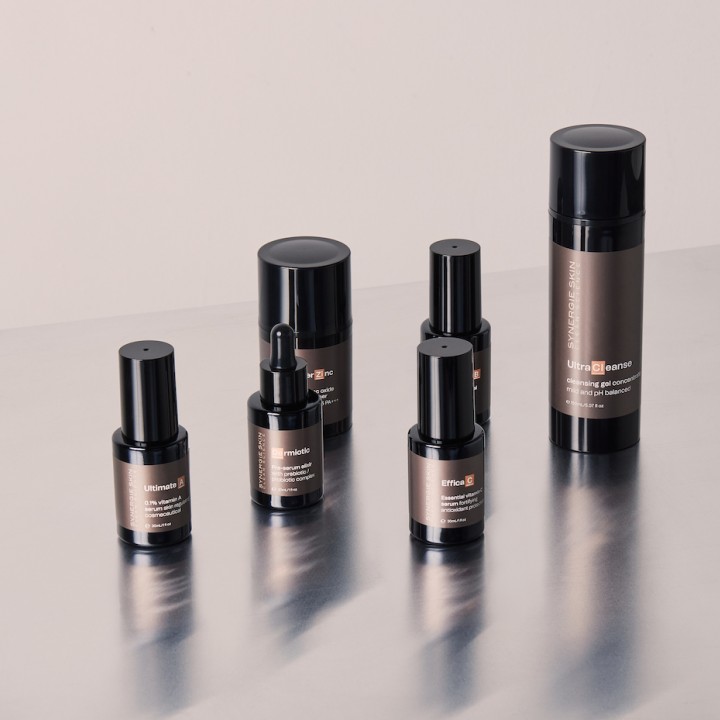R. Katta and S. Desai recently confirmed that there is increasing evidence of links between diet and dermatology, including ageing in 'Diet and Dermatology' (The Journal of Clinical and Aesthetic Dermatology).
A healthy, balanced diet improves overall health, increases vitality and helps to prevent disease. For today though, let’s look at the impact it can have on your skin and its incredible anti-ageing potential.
Consuming the right nutrients will help to protect skin from the cellular damage caused by free radicals. It’s these free radicals, as well as smoking, pollution and sunlight that can cause wrinkling and age spots.
At Melbourne Cosmetics we don’t believe in fad diets, but encourage healthy eating habits that are long term and easy to stick to. Here are our top dietary recommendations to achieve skin that looks (and feels) healthier and more youthful:
- Fruit and vegetables are a crucial part of a healthy diet and a rich source of antioxidants. We recommend you eat the rainbow and include Vitamin C (i.e. berries, cantaloupe, citrus, kiwi fruit) daily.
- Limit sugar, processed and packaged foods, saturated (animal) fats and refined (simple) carbohydrates. Choose whole foods and grains (complex carbs) in their natural state wherever possible.
- Include high quality protein and choose plant-based, fish and poultry options over lean cuts of red meat. Remove visible skin and fat aiming for red meat only 2-3 times per week.
- Omega 3 and 6 essential fatty acids (found in oily fish, nuts, seeds, olive oil and avocado) are your skin’s best friend.
- Prebiotics and probiotics to support gut health (and improve overall health & skin), by including natural yoghurt, fibre, fermented and plant-based foods.
- Plenty of water! Follow your thirst drive here, aiming for roughly 6-8 glasses per day to avoid dehydration.
One “diet” we do support is the Mediterranean Diet which has been found to have many wonderful health benefits, and is also ‘anti-inflammatory’ – a very big plus for your skin’s health and appearance.






